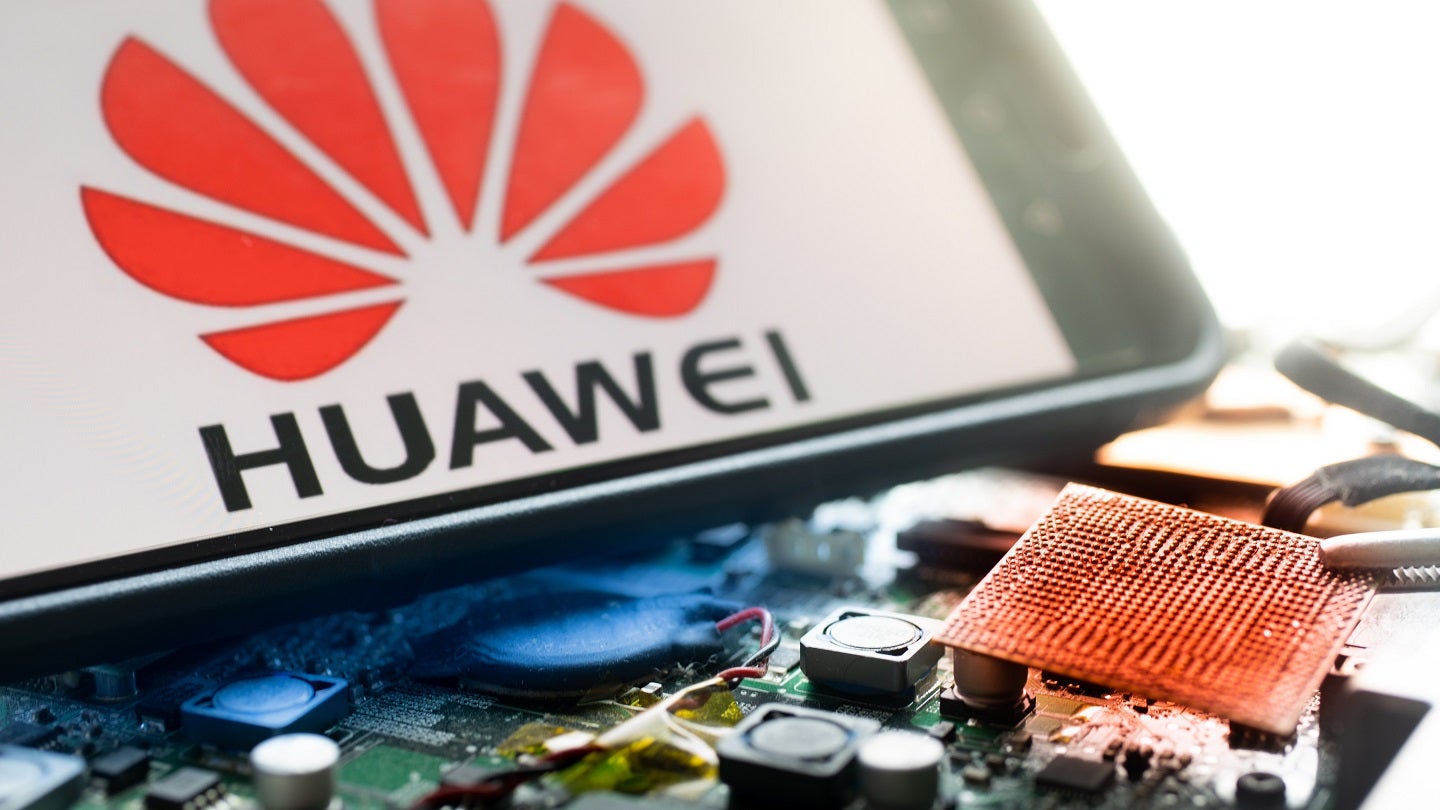
Huawei Technologies is gearing up to release a new artificial intelligence (AI) chip positioning itself as a competitor to Nvidia in the Chinese market, reports The Wall Street Journal.
Called the Ascend 910C, the chip is currently undergoing tests by Chinese internet and telecom companies.

Access deeper industry intelligence
Experience unmatched clarity with a single platform that combines unique data, AI, and human expertise.
This move comes as a direct challenge to Nvidia’s dominance in China, especially in light of recent US sanctions that have restricted Nvidia from selling its advanced chips, including the H100, to Chinese customers.
The Ascend 910C is touted to be comparable to Nvidia’s H100, according to Huawei’s discussions with potential clients.
The US restrictions have significantly impacted Nvidia, prompting the company to introduce three chips tailored for the Chinese market, including the H20.
However, these chips have deliberately reduced computing power to comply with US sanctions.

US Tariffs are shifting - will you react or anticipate?
Don’t let policy changes catch you off guard. Stay proactive with real-time data and expert analysis.
By GlobalDataHuawei, which is facing production delays and potential disruption caused by further US restrictions, aims to start shipping the Ascend 910C as early as October 2024.
Initial talks with potential customers such as ByteDance, Baidu, and China Mobile suggest a strong demand for Huawei’s new chip, with orders potentially exceeding 70,000 units and a total value of around $2bn (14.3bn yuan), sources said.
This development is indicative of Huawei’s resilience in the face of American efforts to limit its access to cutting-edge technology.
In fact, a recent analysis of Huawei’s Mate 60 Pro smartphone uncovered a chip produced by China’s leading chipmaker SMIC that supports 5G, despite US sanctions.
Huawei’s consumer business, which includes smartphones and laptops, is also showing signs of a comeback, presenting a challenge to Apple in China.
The US has targeted Huawei with sanctions since 2018, aiming to protect its networks and supply chains.
The sanctions escalated in 2019, with a trade blacklist preventing US companies from selling technology to Huawei, including 5G chips.
In 2020, the restrictions tightened further, and in May, the US revoked licenses from companies such as Intel and Qualcomm to sell chips to Huawei, citing national security and foreign policy interests.
Meanwhile, China is bolstering its domestic chip industry, investing approximately $48bn (343.2bn yuan) into a third chip fund to strengthen its tech sector.







